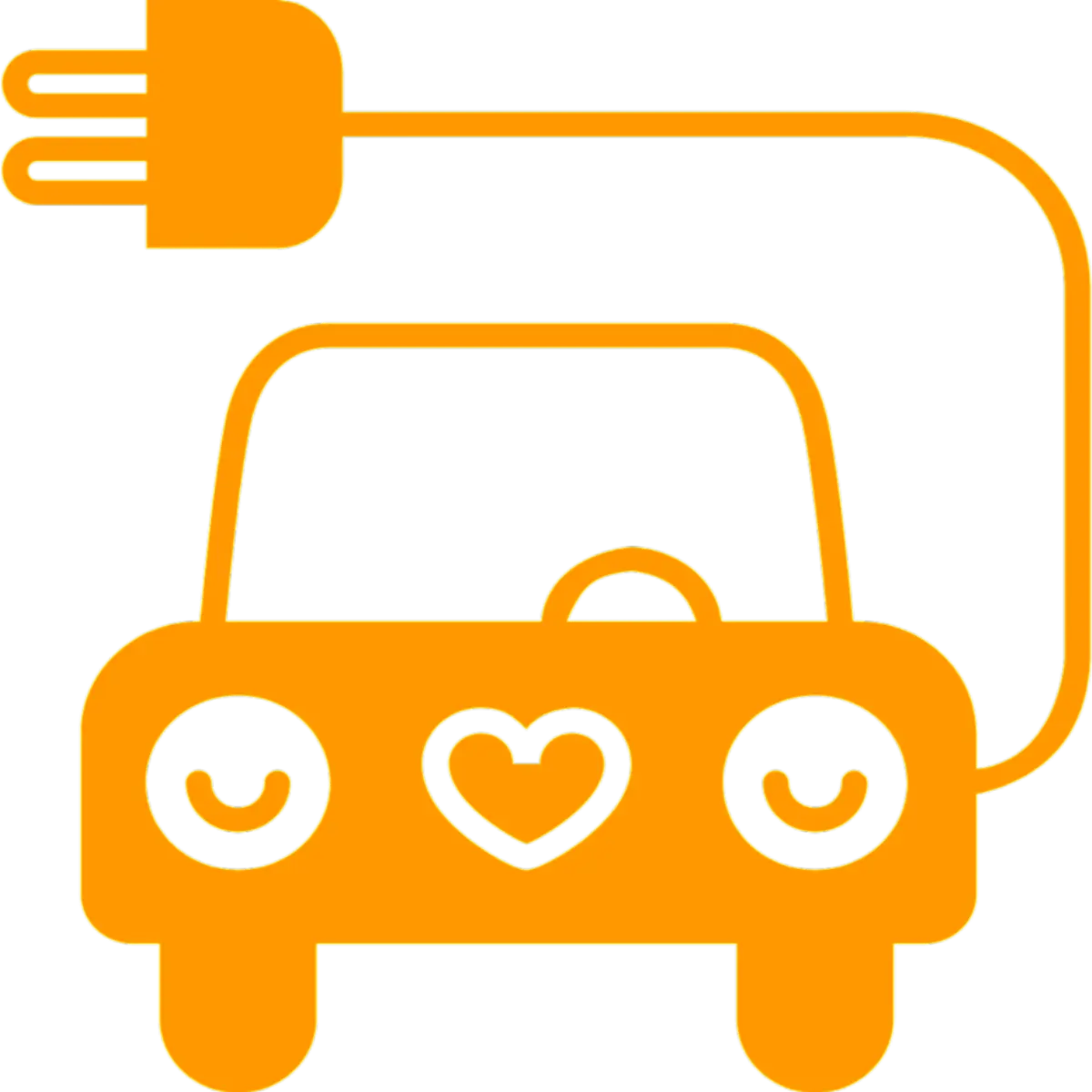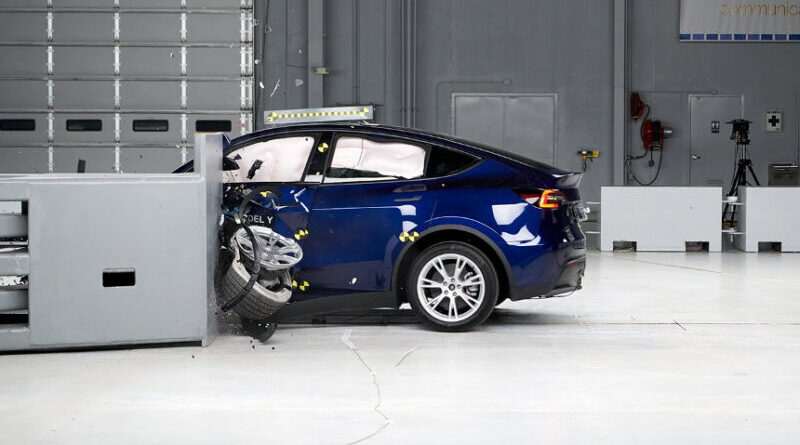I just saw the headline on Google News: “Tesla Has the Highest Fatal Accident Rate of All Auto Brands, Study Finds.” Yikes. I’ve covered how safe Tesla vehicles are for many years. In fact, it was the #1 reason why I bought a Tesla Model 3 in 2019. So, on the one hand, it was surprising to see that headline. But not really.
We already saw last year that one of the reasons Hertz was selling off its Tesla vehicles and not buying more was because they were more likely to get into accidents, and then waiting for repairs/service/parts took longer than average as well. Those kinds of things add up a great deal when you’re managing a big fleet of vehicles.
Are Tesla vehicles actually designed to be unsafe? No, that’s not the issue. The issue is that while Tesla was designing its cars to be extra safe, it was also constantly focusing on making the cars super quick (insanely quick, ludicrously quick, plaid quick) and regularly hyping up how quick its cars were in order to stimulate consumer demand.
Believe it or not, when you’ve consumed all that hype around how quick a Tesla is, it’s easy to be influenced and want to smoke cars off the line at a red light, or just drive like a bat out of hell. The problem is: that leads to accidents, and fast accidents lead to deaths. Let’s get to the shocking stats:
“Tesla’s vehicles have the highest fatal accident rate among all car brands in America, according to a recent iSeeCars study that analyzed data from the U.S. Fatality Analysis Reporting System (FARS).”



Seeing this makes me think there’s something funky with the methodology as these are all low production number vehicles. What’s likely happening is that 2 or 3 people dying in a crash in a vehicle that only sold, for example, 1000 units looks a lot worse than 100 people dying in a car that sold 2 million units.
This is just like that other nearly identical study from a year or two ago that found that Pontiac drivers were the “safest drivers on the road” based off nothing more than examining insurance policy applications, determining who had an accident on their record, and assigning that “accident” to whatever vehicle the person was trying to insure. Pontiac shut down around 2009 so of course you wouldn’t see many people trying to insure one in the 2020s which completely skews the results.
Considering that many of these “surveys” report statistics per model or even make, and some companies and models stretch years, if not decades (Corolla, Civic, F-150, etc.), and others are around for only a few years (Volt, Clarity, Ioniq), the results are almost always going to be out of whack.
Also, they probably don’t consider: which country/state the vehicle is available in (can’t buy Prius Prime and some EVs in the US midwest), the average accident rate for that country/state, demographics, place of use (city/country) etc.
A while ago, I saw that Chevy Volt was one of the most accident-prone cars or something like that. It has been out of production for a few years, and oldest cars were 10+ years old. Probably many resales, hand-me-downs, etc, all resulting in an emergent property of higher accident rate.
True, but Tesla cars are relatively new compared to the average, and new cars should be safer. Right?